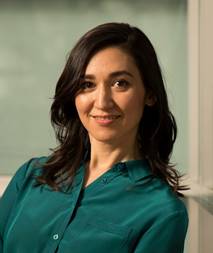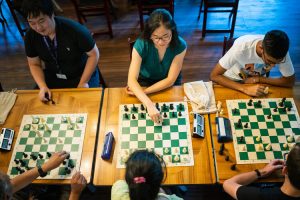
The Economics Study Centre is open. The most valuable resource available to new econ students is housed in Economics’ HQ at Max Gluskin House, 150 St. George Street, Room 110. Even if you aren’t having issues with ECO101 or 102, you are always welcome to drop in and talk about economics.
“Come drop by the ESC!” emphasized lead learning assistant Kevin Wang. “We’re here to make sure the ESC is a great resource to get your conceptual questions answered, meet other economics students, and get advice about navigating being an economics student.”
The learning assistants (LAs) are third- and fourth-year students who did so well in their first two years of Economics, they were chosen to help others.











